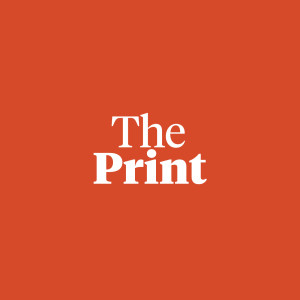

Pacific Time: The "What if...?" of West Coast Independence
https://feeds.transistor.fm/pacific-time-the-what-if-of-west-coast-independenceEpisode List
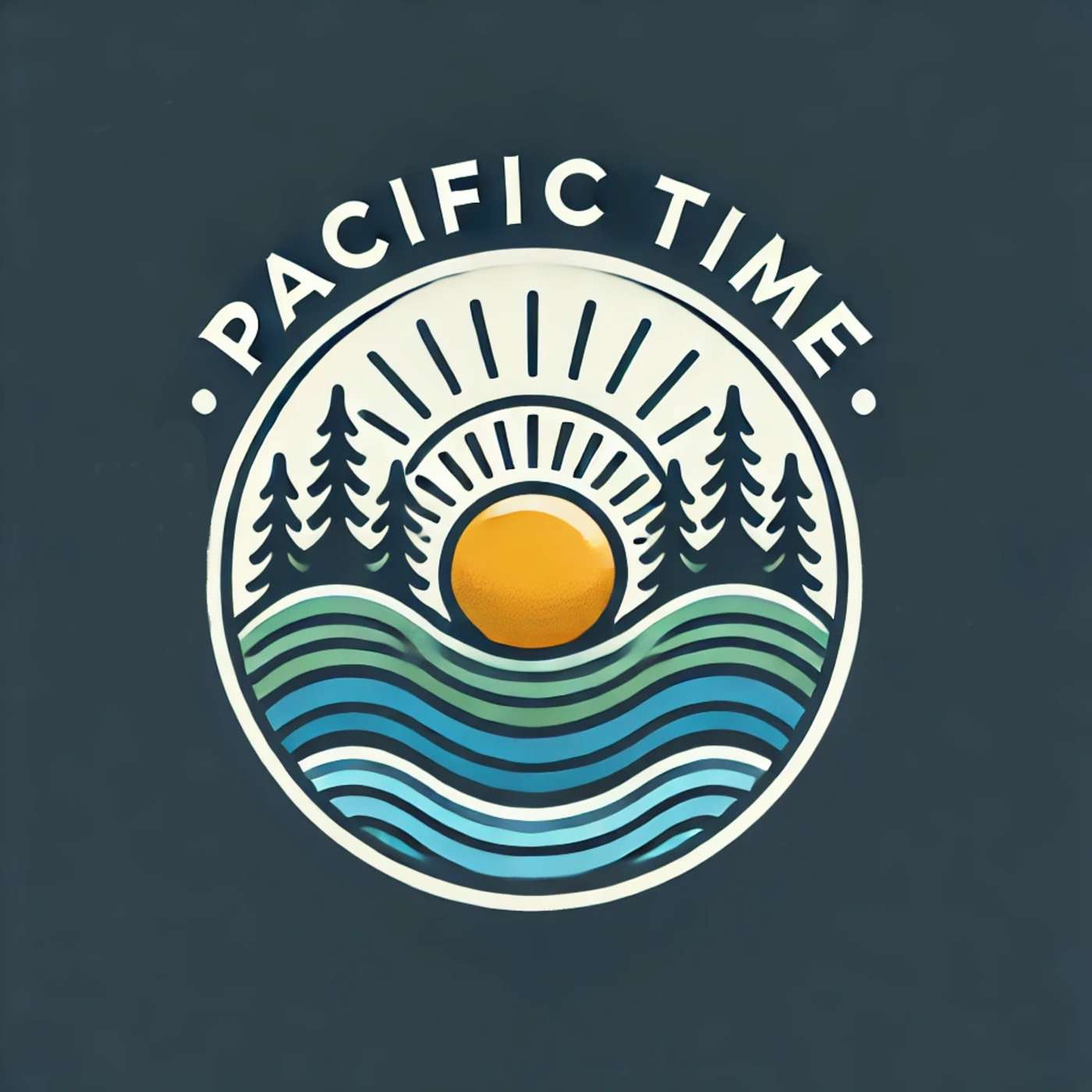
06 If American Healthcare Is Broken, What Can The West Coast Do? With Mike Hanlon
Is the U.S. Healthcare System Beyond Repair? Mike Hanlon Explains How the West Coast Could Lead a RevolutionMike Hanlon knows healthcare in America is broken. As a health economist, tech entrepreneur, and former early-stage Amazon employee, he's seen firsthand how complex systems can either hinder or help innovation. Mike joins Greg Amrofell on Pacific Time to discuss why the U.S. healthcare system, plagued by fragmentation and inefficiencies, consistently fails patients—and how the West Coast might lead the way to meaningful reform.Mike clearly lays out why the biggest issue isn't who pays—employers, individuals, or the government—but rather how the system operates. Hospitals and healthcare providers, shockingly behind in data management and communication, contribute significantly to escalating healthcare costs and poor patient outcomes. Mike also provides insights into recent federal budget proposals that could drastically cut Medicare funding, potentially destabilizing an already precarious system.Through his startup Abett, Mike is pioneering solutions by improving healthcare data transparency and enabling better decision-making for employers and patients alike. Could this approach provide a template for broader reform?Key topics include:✔️ The hidden costs of fragmented healthcare and poor communication ✔️ How Medicare cuts could amplify existing healthcare crises ✔️ Lessons from international healthcare systems that outperform the U.S. ✔️ Why employer-sponsored healthcare isn't the core problem ✔️ How data transparency could revolutionize healthcare decisionsJoin us to explore transformative ideas for healthcare innovation on the West Coast and beyond.Resources & References:Abett: The company Mike founded to work on health data problemsEric Bricker, MD | LinkedIn: An expert Mike recommendsHerbie Duber | UW Department of Emergency Medicine: Another expert Mike recommendsJoin the movement: Subscribe on Substack @PacificTimePodcast💬 Participate in active, civil conversations with your neighbors on the West Coast who are asking ‘What if…?’ Come to the community center for Pacific Time at Substack.Follow:📲 Pacific Time is making good trouble asking questions about the future of the West Coast on BlueSky, Instagram, and FacebookListen:🎧 Pacific Time Podcast is on Spotify, Apple Podcasts, and many other platforms. Follow, share, and leave a review.Related Podcast Episodes:Ep 01 Making the Case for West Coast Independence
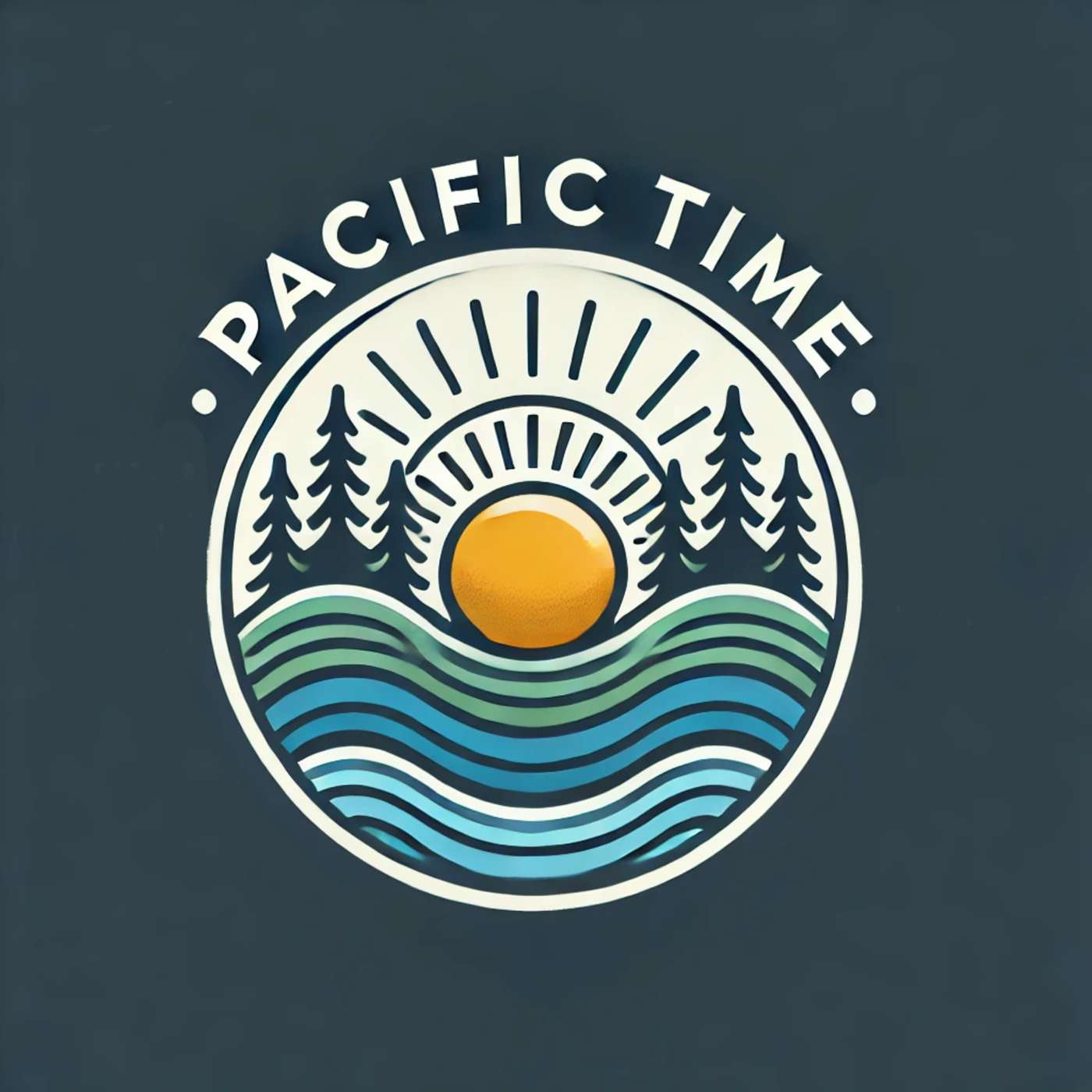
05 What If Nature Defined Our Borders in the Cascadia Bioregion? With Yogi Uriah
Bioregionalism envisions borders set by the natural environment and there’s a grassroots movement for it that envisions carving “Cascadia” out of the Pacific Northwest wilderness. In this episode of Pacific Time, host Greg Amrofell talks with Yogi Uriah, a passionate grassroots organizer and leader with the Cascadia Department of Bioregion. Yogi eloquently explores the concept of bioregionalism—an idea that redefines our understanding of boundaries, not as arbitrary political lines, but through natural landscapes, ecosystems, and cultural interconnections.Highlights of the Episode:✔️ Defining Cascadia: Yogi describes Cascadia as a vast region connected by watersheds stretching from Alaska through British Columbia, Washington, Oregon, and Northern California.✔️ Natural vs. Political Boundaries: How the natural environment shapes culture and community identity, distinct from arbitrary political lines.✔️ Symbols of Cascadia: The power of symbols such as the Douglas Fir tree and the iconic Cascadia flag to unify and inspire the movement.✔️ Grassroots Movements and Climate Action: Insights into how the Cascadia Department of Bioregion mobilizes community action through initiatives like guerrilla gardening and mutual aid programs.✔️ A Climate Haven: Discussing the West Coast’s potential as a refuge from climate change impacts and the implications of increased migration.✔️ Cultural Connections and Differences: Yogi emphasizes the unique identity within the Cascadia bioregion compared to broader national affiliations, and discusses the critical importance of including indigenous communities and practices in the bioregional vision.Resources & ReferencesCascadia Department of BioregionCascadia Dept of Bioregion - InstagramGeorgetown Steam Plan - InstagramPNW Climate Week - InstagramJoin the movement: Subscribe on Substack @PacificTimePodcast💬 Participate in active, civil conversations with your neighbors on the West Coast who are asking ‘What if…?’ Come to the community center for Pacific Time at Substack.Follow:📲 Pacific Time is making good trouble asking questions about the future of the West Coast on BlueSky, Instagram, and FacebookListen:🎧 Pacific Time Podcast is on Spotify, Apple Podcasts, and many other platforms. Follow, share, and leave a review.
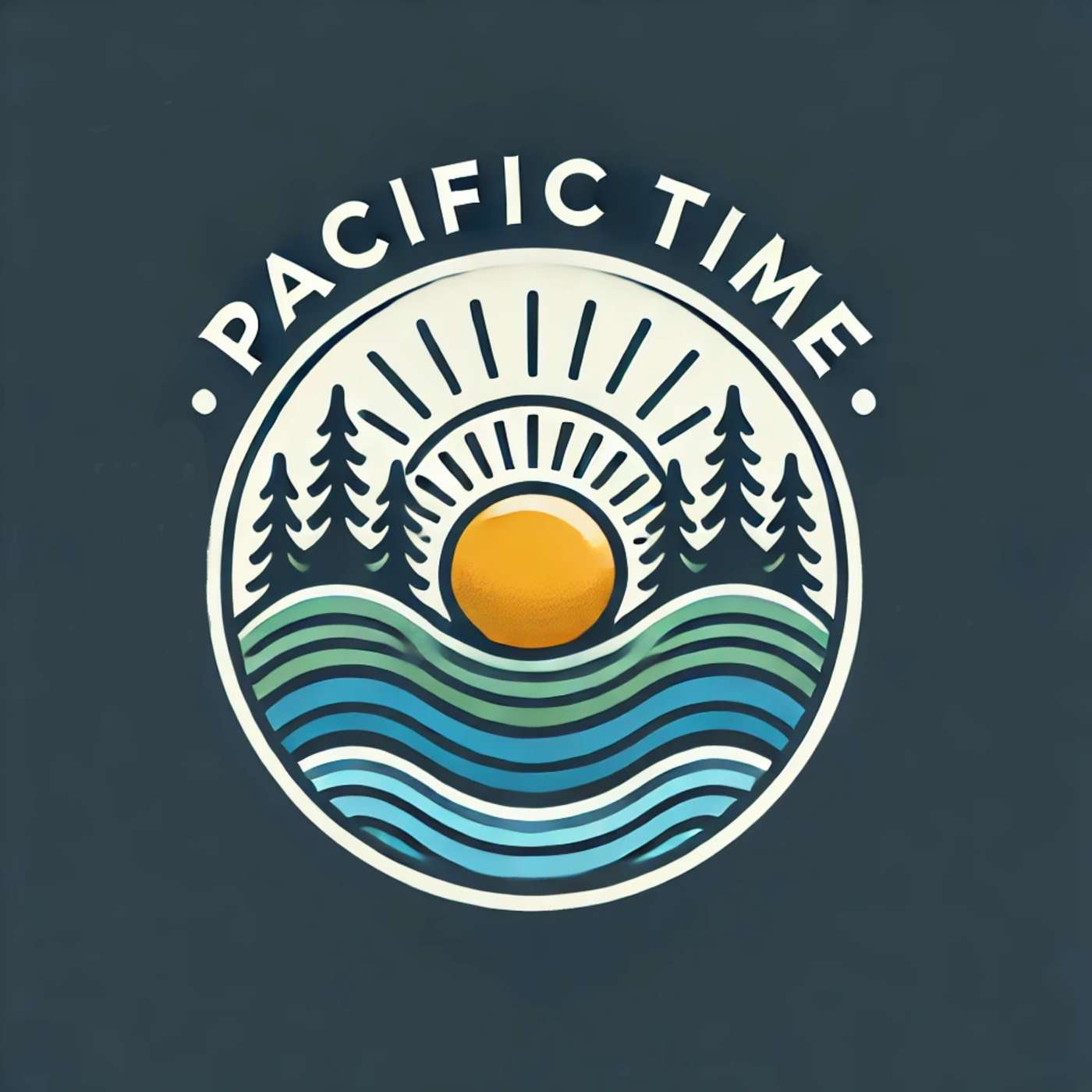
04 Is California Ready for Independence? With Marcus Ruiz Evans
Is California ready for independence? The CalExit movement is making the case again and it's strongerMarcus Ruiz Evans has a bold vision for California. As the founder of CalExit, he's spent over a decade exploring and advocating for California's independence. Marcus and Greg discuss why California could—and perhaps should—be its own nation. Marcus lays out the cultural, economic, and political rationale behind the CalExit movement, debunks myths about its legality, and paints a vivid picture of how independence could dramatically transform California for the better.Key topics include:✔️ The cultural identity gap between California and the rest of the U.S.✔️ California's role as a net exporter of tax dollars, subsidizing 35 other states.✔️ Economic benefits of independence, from infrastructure to homelessness.✔️ Legal realities of secession and what mainstream media gets wrong.✔️ Why Marcus believes CalExit could prevent, rather than provoke, civil conflict.Explore what California sovereignty could look like and why some believe it’s not only achievable but necessary.
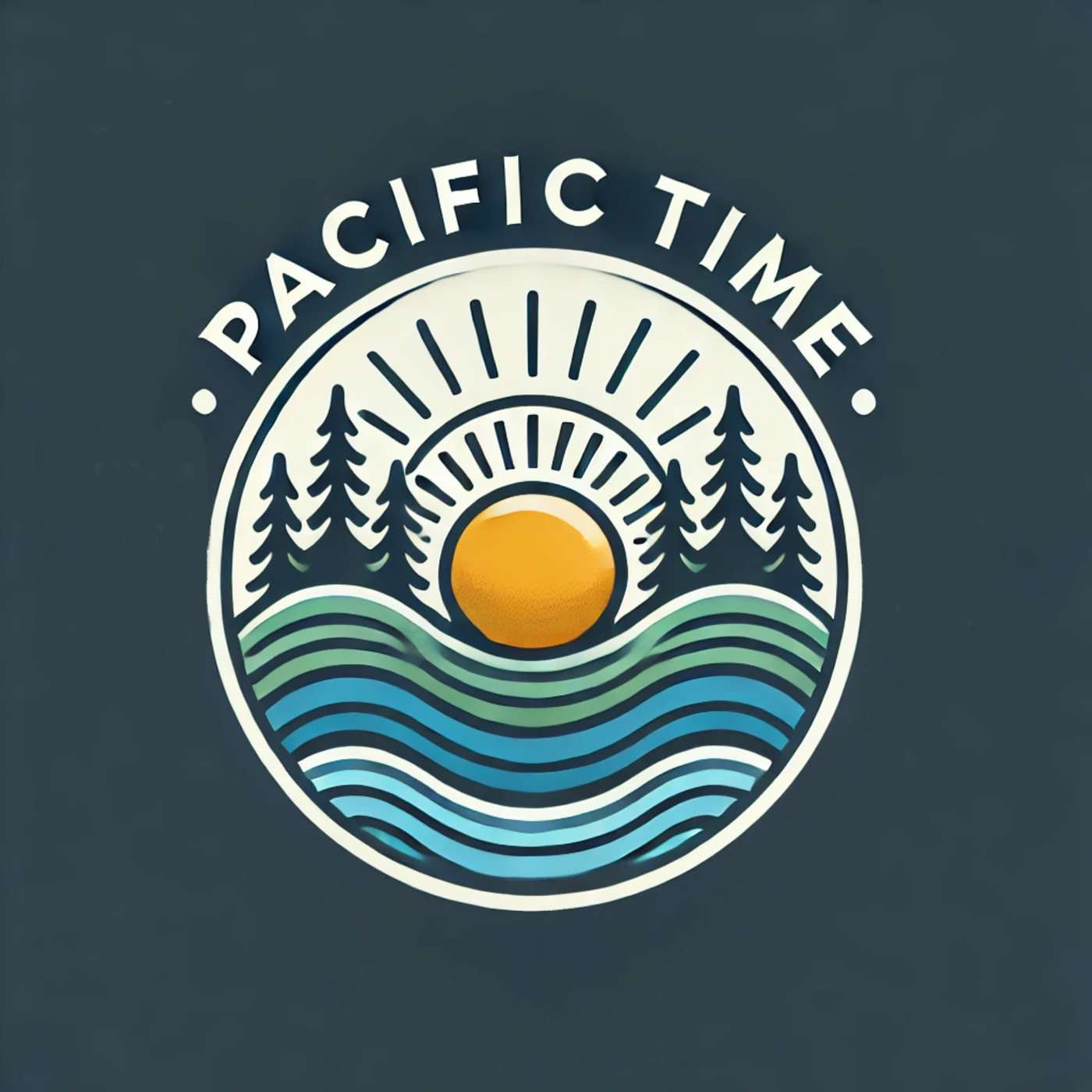
03 What if the West Coast Reclaimed its Federal Taxes? With Julie Dingley
What if the West Coast reclaimed its federal tax dollars? National and local budget veteran Julie Dingley explores how local control could position the West Coast to address its own challenges.Julie is the former Seattle Budget Director and a veteran of the White House OMB under Presidents Obama and Trump. She joins host Greg Amrofell to explore the possibilities that open up for the West Coast if it was economically independent, and communities have the resources and autonomy to build the society they envision. Julie considers how redirecting federal taxes locally and budgeting strategically could unlock solutions for housing shortages, education gaps, public safety, and income inequality. By prioritizing outcomes, getting serious about progressive taxes, and planning for the long-term, she argues the West Coast could set an inspiring example of effective, progressive governance. Could smarter budgeting make the West Coast far greater than America? Key highlights include:✔️ The true cost of exporting West Coast wealth—and what we stand to gain if we kept those resources at home.✔️ Practical ideas for building a progressive tax system that actually aligns with West Coast values and priorities.✔️A compelling look at why local governments might be better positioned to solve pressing issues like housing, education, and public safety than the federal government.✔️Personal reflections from Julie about the stark contrasts she observed between Obama and Trump administrations—and why they matter today.Whether you're an engaged citizen, a policy enthusiast, or simply someone who loves the West Coast and believes in its potential, this episode offers great ideas about what could happen if we design governance, taxation, and community investment on our own terms.PS: Julie got in touch right after our interview to correct one comment that budget nerds might spot: defense spending is discretionary. (Gotta love a budget expert with an eye for detail! Also, wouldn’t it be great if Congress could pass a budget that contemplated defense cuts?)Resources & ReferencesU.S. Digital ResponseJulie (Allen) Dingley | LinkedInOffice of Management and Budget – The White HouseCurrent Budgets - City Budget Office | seattle.govBalance of Payments Portal | Rockefeller Institute of GovernmentJoin the movement: Subscribe on Substack @PacificTimePodcast💬 Participate in active, civil conversations with your neighbors on the West Coast who are asking ‘What if…?’ Come to the community center for Pacific Time at Substack.. Listen:🎧 Pacific Time Podcast is on Spotify, Apple Podcasts, and many other platforms. Follow, share, and leave a review.Follow:📲 Pacific Time is making good trouble asking questions about the future of the West Coast on BlueSky, Instagram, and Facebook
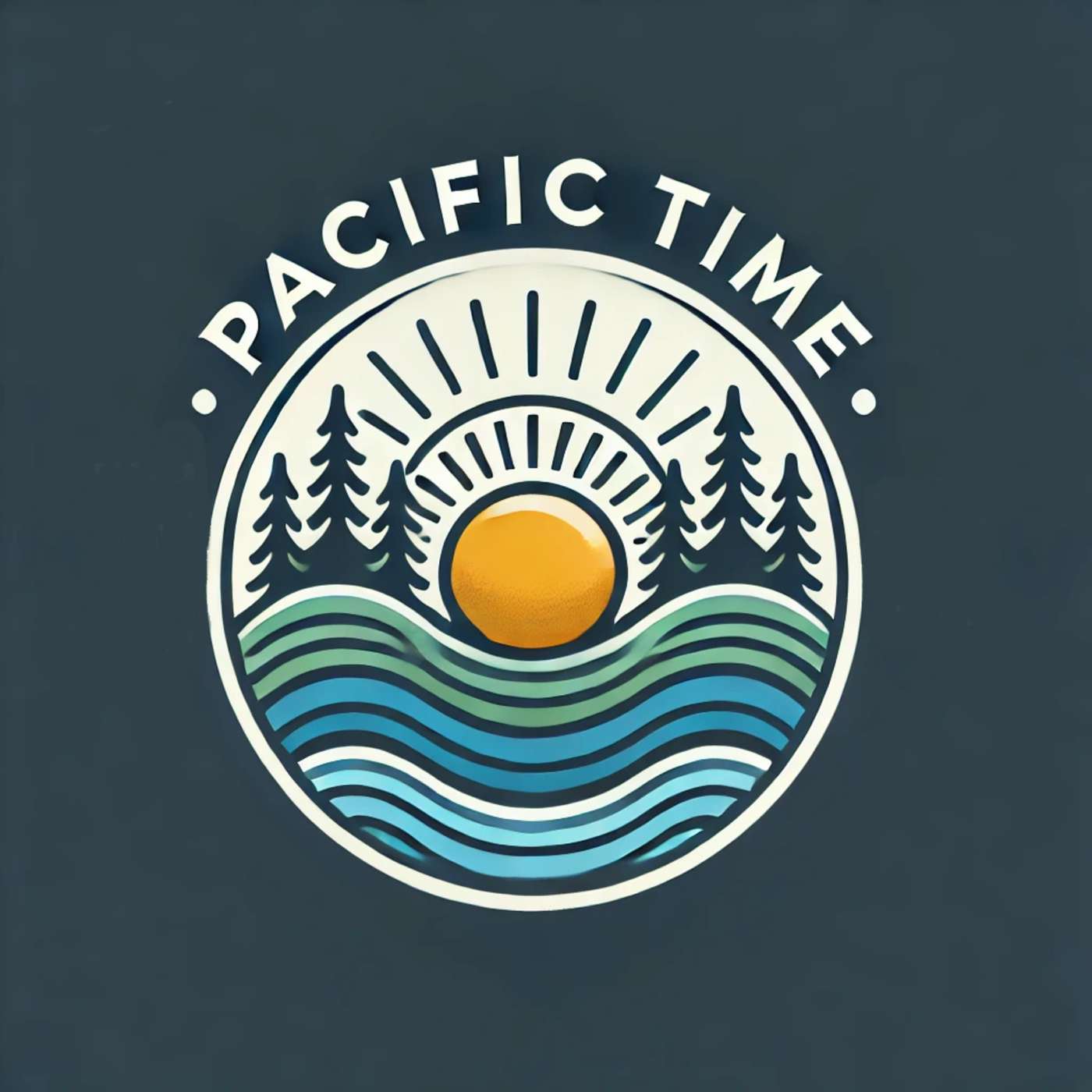
02 How Can the West Coast Redesign Itself? With Mickey McManus
Can the West Coast really go it alone or do we need help? How could the West Coast best make it on its own? In this thought-provoking episode of Pacific Time, we start to explore the radical question: What if the West Coast was independent? Guest Mickey McManus—a visionary in AI, bioengineering, and systems innovation—challenges that premise with a bigger idea: What if interdependence was the key to a thriving future for us on the West Coast (and, really, for any modern society)?When tech companies release new products into the wild before they’re ready, it’s called a beta test. America has been in beta a long time and has constantly evolved. It’s time for a new version that taps into what we’ve learned in the last 250 years.Drawing from biology, system science, and innovation theory, Mickey examines the lessons nature provides for designing sustainable societies. From the role of hybrid vigor in resilient communities to the impact of government-funded innovation, this conversation dives into what makes the West Coast a global hub for progress—and how to build on that legacy.Key topics include:✔️ The future of governance: Could AI-driven simulations predict policy outcomes before implementation?✔️ Cities as innovation hubs: Should the West Coast operate as a network of self-sustaining cities rather than a nation-state?✔️ The next frontier in AI: How embodied intelligence—inspired by nature—will shape the future of technology and governance.✔️ The power of immigration and hybrid vigor: Why open societies fuel innovation.A must-listen for anyone interested in technology, policy, and the future of the West Coast. Tune in for a visionary discussion on independence, interdependence, and the next wave of societal evolution.Resources & ReferencesMickey McManus' T-1 VenturesMickey McManus - LinkedInMIT Senseable City LabBuilding SimCity: How to Put the World in a Machine (Game Histories): Gingold, Chaim, Murray, Janet H.: 9780262547482: Amazon.com: BooksDemocracy in America — Volume 1 by Alexis de Tocqueville | Project GutenbergJoin the movement: Subscribe on Substack @PacificTimePodcast💬 Participate in active, civil conversations with your neighbors on the West Coast who are asking ‘What if…?’ Come to the community center for Pacific Time at Substack.. Subscribe to support the work and access exclusive content, behind-the-scenes insights, and long/unedited editions of the podcast. 🌊✨Follow:📲 Pacific Time is making good trouble asking questions about the future of the West Coast on BlueSky, Instagram, and FacebookListen:🎧 Pacific Time Podcast is on Spotify, Apple Podcasts, and many other platforms. Follow, share, and leave a review.Related Podcast Episodes:Ep 01 Making the Case for West Coast Independence
You may also like
Create Your Podcast In Minutes
- Full-featured podcast site
- Unlimited storage and bandwidth
- Comprehensive podcast stats
- Distribute to Apple Podcasts, Spotify, and more
- Make money with your podcast
